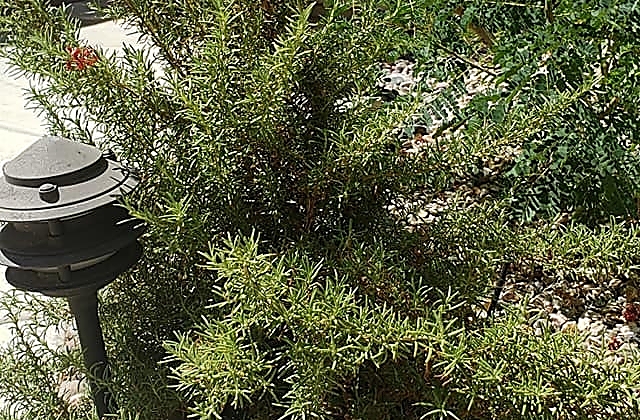Overwatered Basil – How to Care For Overwatered Basil

Most gardeners dread the thought of growing basil with a soil that is too over-watered. This often happens when basil is young, growing in pots where the roots are just starting to break loose from the soil. Overwatering happens when the growing herbs are still growing in their pots. The problem is made worse if you live in an area that gets very warm, and that’s because you’ll also be adding moisture directly to the soil when you water your basil, which stunts its growth.
You should know what causes your basil plant to become overwatered before you decide to fix it. Overwatering occurs when the roots of your basil plant are growing too close together in the pot, so they’re unable to get the nutrients they need to break down sugars in the soil for use by the roots. It happens more often with young plants that haven’t yet developed the roots needed to go down and grab the nutrients at the soil’s bottom. The actual conditions at your basil plant endures when it’s growing in a wet environment vary depending on the species of basil that you have. But you most likely won’t notice anything out of the ordinary about your basil plant until it’s older. That’s when you’ll be glad you learned about the dangers of overwatered basil, because this issue can kill your basil plants very quickly.
How to tell if your garden soil is overly-watered is really quite easy. First, wilting (or flaking) of the leaves will indicate that the leaves of your basil plant are suffering from overwatering. wilting also indicates that the main stem of your plant is growing erratically, or it has branches that are breaking off and are losing their leaves. Next, dry out the soil you used to plant your basil plant, throw away any extra potting mix, and water the plant heavily again. This should take care of your over-watered basil.
Another problem often encountered with wet-land plants is that the roots don’t reach the soil very well or are badly damaged. This condition can be remedied by re-potting your plants after the initial flood. Just make sure you do it right the first time. If you’ve already re-potted, make sure to water the herbs thoroughly before putting them back into the ground. This will help ensure that the roots of your plants have a firm hold on the soil and stay in place.
In addition to the problems that stem from overwatering your herb plants, some of them just plain taste bad when they are over-watered. Many herbs are grown as either indoor plants or as perennials, and when they are in short supply during certain times of the year, they become less popular. This means you may have to settle for less than perfect flavor when shopping for herbs this way. For these reasons, it’s important to keep your herbs properly watered no matter how often they are in pots.
Some common mistakes that people make when growing basil are watering it too much or too often, watering in the morning, or watering in the evening. Both of these are bad practices, because it makes the basil less likely to form buds and therefore won’t taste its best. All it takes is about an inch of water per week to maintain the moisture level of a plant that is growing well. And for those making the mistake of watering basil in the evening, make sure you don’t do it more than once or twice a week.
In order to conserve moisture on your basil plants, there are a number of different things you can do. The first is to give the leaves of the plants a few days to breathe, which means you should empty out the bottom of the containers where they are growing. Use only clean water and rinse out any leaves that might be in the pot or container. You should also empty out as much of the water as possible from the pots before putting the plants back into the containers. After doing this, you will probably need to water the plants every 4 days or so.
If you are concerned about the moisture in the soil in your garden, you should always buy your soil from a gardening store instead of a discount retailer. There is nothing worse than purchasing soil that has lost moisture content over time. Also, make sure you use a fertilizer when growing anything with a low water content. Fertilizer that is too rich in nutrients can actually rob the roots of moisture, which can cause them to die and go to seed if they aren’t replenished regularly.